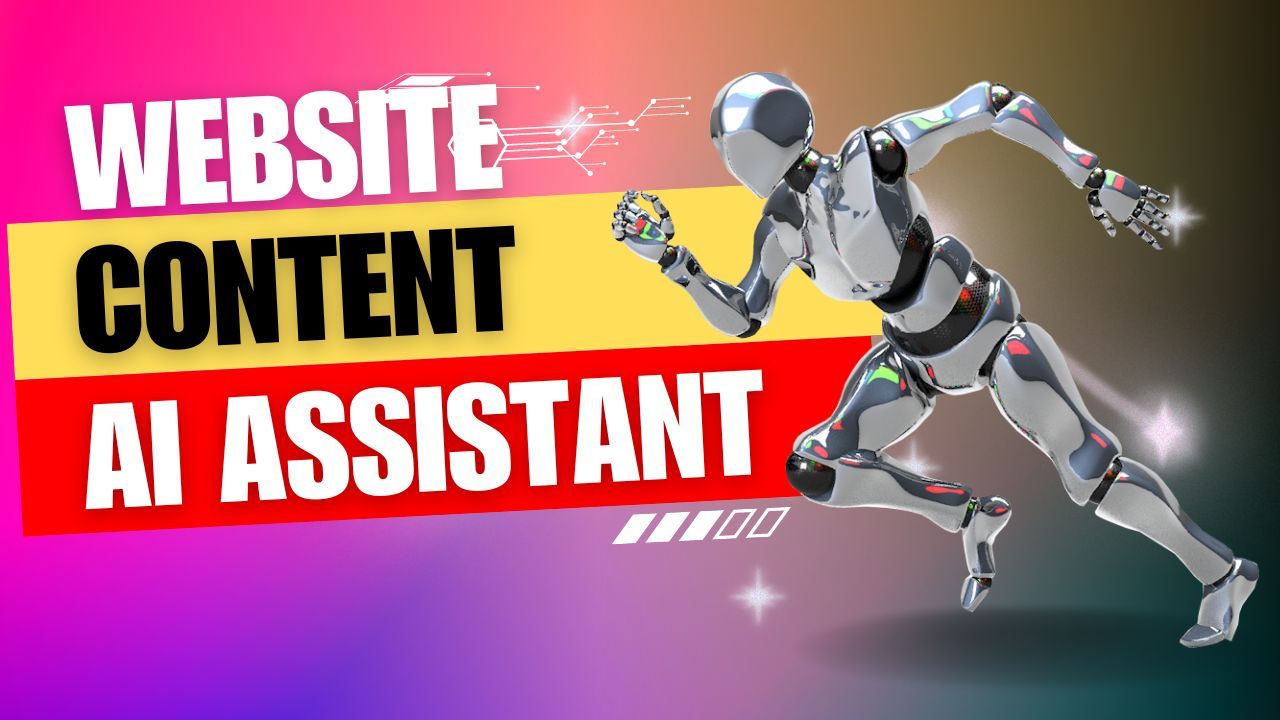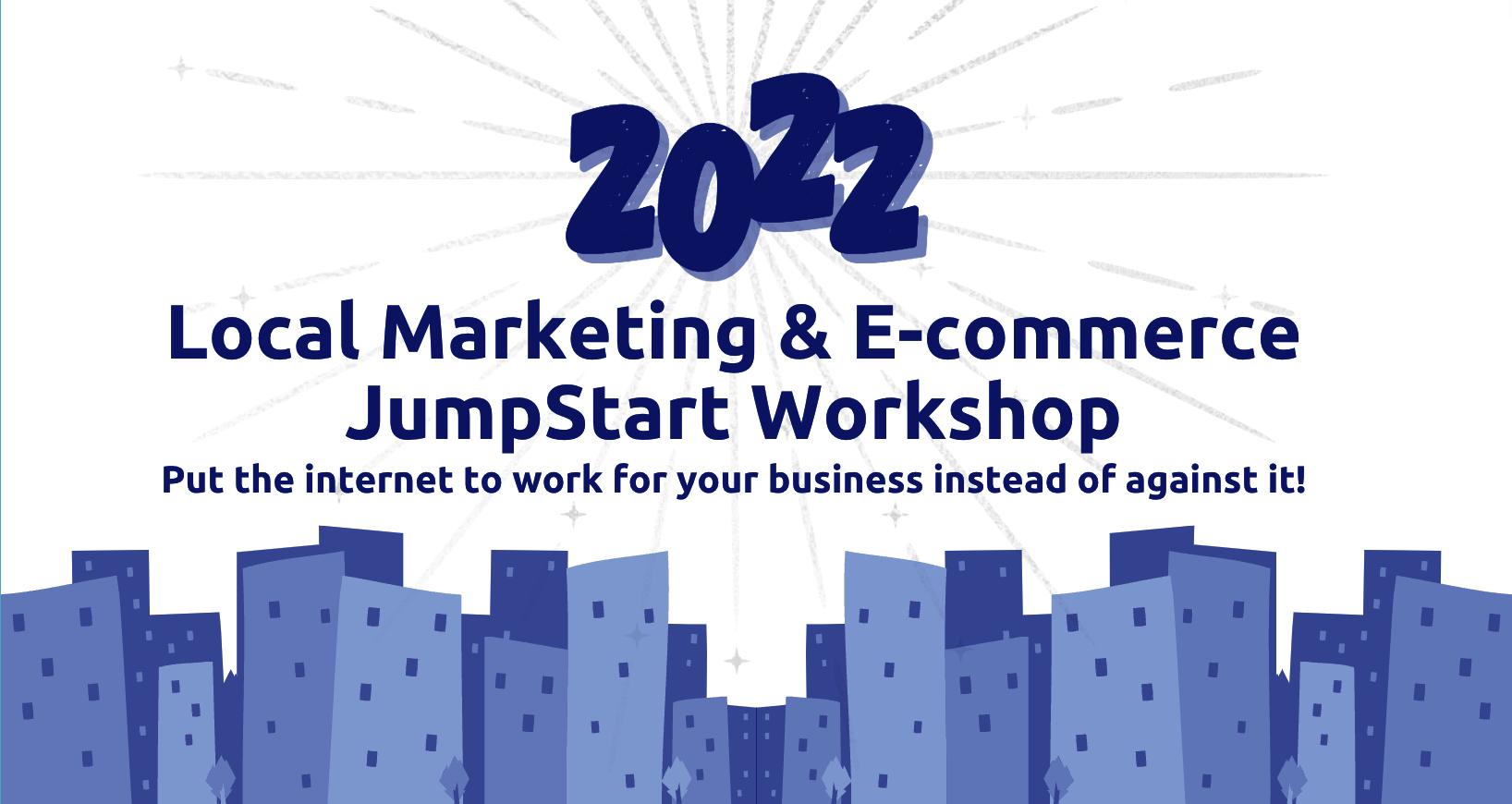The digital revolution is a vast and complicated series of technological innovations that affect the lives of each and every one of us. Yet, it’s also many things to different people. It all depends on which angle you look at it.
To Customers
The digital revolution means that they can use the Internet to access any businesses they want with a few finger strokes. Things are simple and convenient, and because of that the customer expects simplicity and convenience. When a website starts making a customer work, it will only take them two seconds to find an alternative. The digital revolution is great for the customer!
I recently joined a local gym. They had a fairly standard sign-up sheet for new customers. One of the questions it asked is where I heard about the gym – the Internet, social media, a friend or family member, and so on.
As I was filling out the sheet I noticed that not one of the customers found the gym on the Internet or on social media. But does that mean the Internet played no role in their buying process? All we have to do to disprove this notion is to think about our own habits. For instance, I initially heard about the gym from a friend, not online. But then I googled it. I looked up reviews. I checked the gym’s hours and looked up their location. Then I told my wife about the gym and she did the same.
Neither of us, nor any of the other customers, found out about the gym on the Internet, technically. But if not for the Internet, how many of us would have actually seen our way to working out there?
No matter how a particular customer’s path to buying unfolds, the Internet most likely plays a role at some point. Imagine this – if I’d found bad reviews for the gym, or no reviews, would I have gone there? If their site looked like it had been last updated in 2005, would I have even believed they were still in business?
This demonstrates the power of something Google calls “micro-moments.”
Micro-moments occur when people reflexively turn to a device—increasingly a smartphone—to act on a need to learn something, do something, discover something, watch something, or buy something. They are intent-rich moments when decisions are made and preferences shaped. And often these micro moments are so reflexive and mundane that no one even thinks about them, despite their crucial importance.
The good news about micro-moments for businesses is that they don’t have to blow customers away with the awesomeness of their website. They only have to meet customer expectations -that’s all. If they are looking for your address or phone number, or if there specific facts they came to your site to find, the website makes them happy by making it easy for them.
To Businesses
The Digital Revolution means a lot of broken promises. The Internet was supposed to deliver access to customers like never before. Instead a couple companies figured out the Internet and became digital kings of the hill, leaving everyone else stuck in the valley.
As business owners, we feel worn out and frustrated. And yet we know that the Internet represents an opportunity, so that drive to succeed – the true business spirit – keeps us trying. But every day it becomes more complicated to untangle that web.
We look to experts to make it simple for us and they do: they boil it all down to a three-step process or a clever strategy. The problem with these simple ideas? They don’t actually work.
When we hire SEO firms, marketing firms, website development companies, and all of their brethren, we find that all the knowledge in the room is on their side of the table. We don’t have the facts we require to assess what they are offering and make wise decisions about what services we need. In the end we wind up cycling ceaselessly through vendors like an ill-used relay baton. Or we give up.
As business owners we crave knowledge and context enough to make intelligent decisions about the digital revolution.
To the Internet Experts
The digital revolution brings endless frustration to internet experts trying to make clients understand. For the unethical “experts” it means a lot of easy business, selling digital snake oil to business people who don’t know any better. But for the honest web development firms, the digital revolution means struggling to do a good job when everything conspires against them.
The web developers, marketers, and tech consultants are as frustrated as you are.
They want to help you succeed. But they aren’t the leader – you are. If you as a business leader don’t know where you stand or how to apply the rules and tools of the day, how can you lead them? It’s a chaotic situation having vendors know a lot more than you do. At the end of the day, only you can make the right decisions for your company.
They are challenged by a pressure to deliver without a clear plan from the top. And business leaders don’t know what they can even ask from these experts because they don’t know what they don’t know.
I have been on both sides of this relationship. It’s frustrating either way.
Another problem is that Internet experts tend to withhold some of the information they know so that they can retain some power in the relationship. The only antidote for this is having a business owner who has enough knowledge to ask the right questions.
Even if you do everything right in the Internet world, things can still go unexpectedly wrong. Risk is always a factor. There are always winners and losers. And Google changes its algorithm slightly more than once a day, on average, adding to the difficulty. But as business leaders, we aren’t afraid of failure and we don’t need a guarantee. We just want to be aware of the risks and the real potential of the digital revolution.
Keeping on top of the digital revolution means learning the context. It means learning the rules and the tools. That’s what the Digital Revolution Radio Show is about – telling business owners the rules of the game so we can participate.






